Paying for travel is the least fun part of travel (not even waiting in the passport line comes close). Now, how much you pay for travel really does depend on you — want you want, how your structure your trip, and how life simply things unfold (sometimes shit happens on the road). While nothing is a guarantee when you travel, you can certainly benefit from a plan — even if your plan is to plan times where “not having a plan” is the only plan. And you can budget.
That’s where we come in.
Below, I’m going to break down some tips and facts about paying for the trip of a lifetime. Before we dive in let’s get something out of the way. You 100% need money to travel. Anyone who says otherwise is lying. Travel is a luxury not a right and like any luxury, it costs one way or another. You can be a shoestring backpacker eating out of dumpsters across Eurasia and you’re still going to need money. You can camp your way through South America on the side of roads, on beaches, or in the woods while relying on old grandmothers to feed you and you’re still going to need money at some point.
That’s just the reality of life. To deny that is to put the financial burden of your travels on someone else. The idea of expecting goods and services for free is shitty at best and colonialist at worst. (We could rant here but won’t — in short: travel costs, let’s not lie about it.)
Now that we’ve got that out of the way, let’s dive into some clear ways to budget for a real, long, amazing trip that’ll help define an era of your life.
- Our Writers Guide You Through A Perfect Summer Day In Their Home Cities
- Travel Writers And Influencers Share Their Favorite Cities In The United States
- Travel Writers And Influencers Share Their All-Time Favorite Beaches In The US
- Travel Influencers Share Their Biggest Travel Mistakes (So You Don’t Make Them Too)
- Lonely Planet’s Editor-At-Large Shares His Absolute Best Travel Wisdom
PART I — Start Saving Now

As mentioned above, no matter what plan you make for traveling the world, you’re going to need money. Flights are not free. Trains are not free. Food is not free. But before you start booking one-way flights to Bali or South Africa, start putting money aside.
This is probably the easiest part of all of this. Find out how much you can put aside each week/month/year and put it aside. Open an extra savings account and funnel leftover cash from each paycheck into it. Get a side gig on the weekends and funnel all that money into it. I once spent a summer clearing land on the coast of British Columbia so I could afford to move to Russia for a year. Short-term sacrifices for achieving long-term goals are a cornerstone of living a full life and that’s especially true if you want to spend a long time on the road.
This all boils down to priorities with your finances at the end of the day. Look at it this way: Say you love Belgian beer but the really good stuff costs about $50 for a sixer in the U.S. So instead of buying that usual six-pack every week, save that money instead. After a year, you’ll save $2,600 from not drinking that beer. That’s more than enough to actually go to Belgium and drink the exact same beer for a few dollars each while having the experience of a lifetime at the source with the people who make that beer.
Don’t believe me, look at how cheap this flight is:

Add in about $80 per night for a decent hotel (for five nights), and you’re still only at $767. If you’re working on that $2,600 budget, that leaves you $1,833 for all the Belgian beer you could drink (and food to pair it with). Hell, you could go twice.
The point is, no matter what you want to do, you need to start by squirreling a little something away on the side to get you started. Saving just $50 a week for a year is enough for a big trip, even in 2023.
PART II — Pick A Place/Route
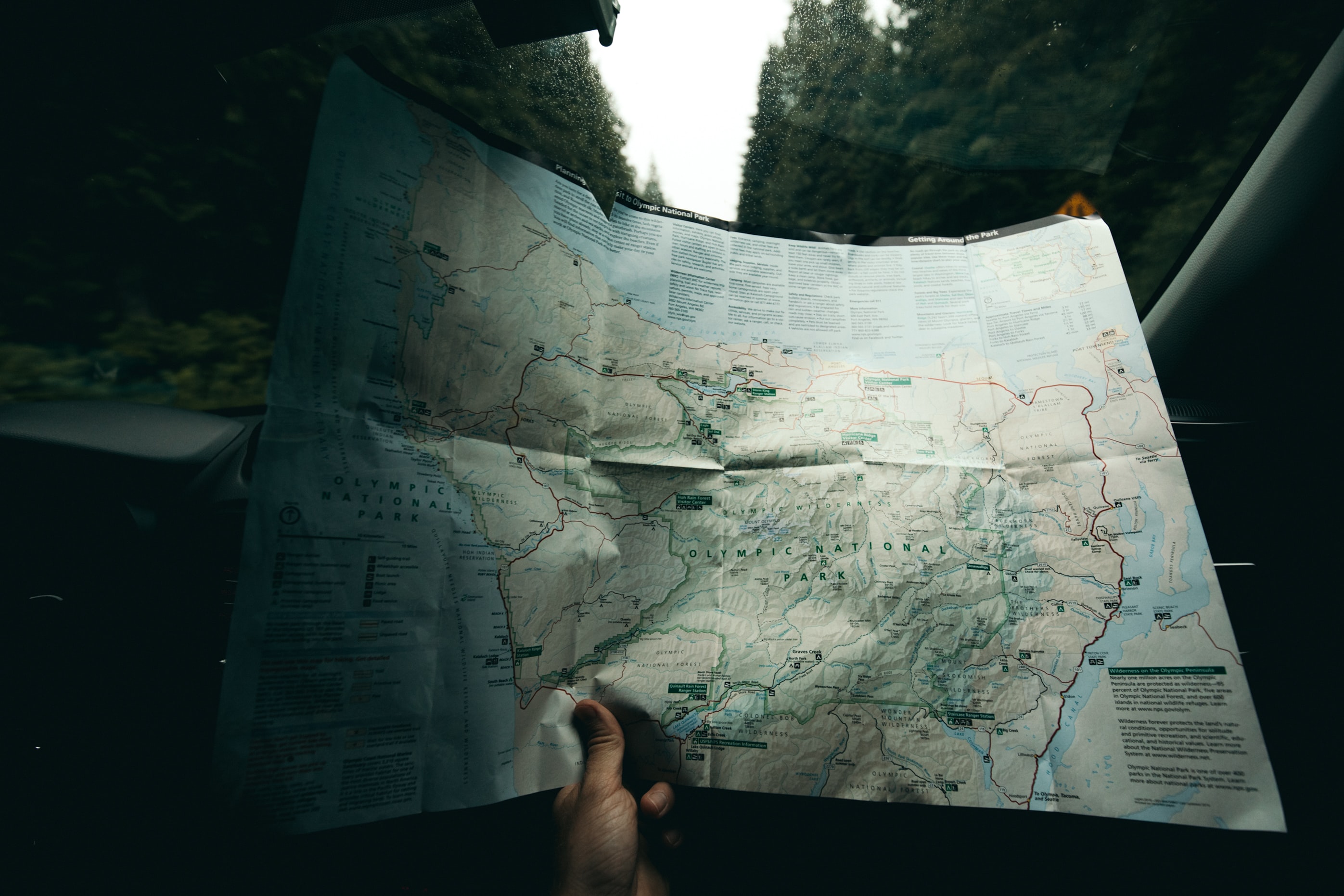
Okay, you have a little scratch to work with — now, where are you going to go? This is a deeply personal question that I cannot answer.
I’ve planned about three circumnavigations of the globe and executed them because, well, I guess in my 20s seeing all I could see in one trip was important to me. Today, I am more about quietly pinpointing places that I know offer amazing food, nature, and/or once-in-a-lifetime experiences as a singular moment — like hitting every distillery on Islay or sailing around one region fully. But that’s just me.
Ask yourself what you want. Ask yourself who you are. Talk to friends and family about travel. Be honest with yourself about what you don’t want. Scroll that IG feed and see what sparks something deep inside. Follow that.
Then see what it takes to get there. Compare that to what you have squirreled away and make a budget. If you’re still at a loss for where to go, check out UPROXX’s Travel Hot List right here for some real-time inspiration!
PART III — Choose Your Adventure

Okay, let’s say you found a place to go or a route to take and you have a little money to get yourself out there. Now what? Are you going to go hard in the paint and shoestring backpack the Banana Pancake Trail until your hair starts to dread out? Do you need a break at a luxe resort in between every now and then? Do you want to focus on surfing the best breaks in the Southern Hemisphere while you travel? Maybe you care about getting a yoga certificate or learning French — whatever it is, make choices. Then change them if you need to.
The most important choice you can make on the road is to be honest with yourself at all times. Trust me, it’ll save you money in the long run. Here are the biggest choices you’re going to have to make that’ll have a pretty big or small impact on your budget…
1) Sleep

How do you want to sleep each night? The price of camping out in the wild (always get the current permits if needed, please) versus staying in a 24-person dorm isn’t huge. But the price difference between that and a basic hotel is drastic and adds up fast.
The best advice I can give you is to be willing to try things first and then willing to walk away from something if it’s not your jam. Try camping on the side of the road in your car. It’s okay if you don’t like it. There are other options.
Try those 24-person hostel dorms. If you can stand it, stick with it. If not, try a private room in the same hostel — it’ll still be cheaper than a standard hotel.
Maybe homestays are going to end up being your favorite beds on the road. It’s really hard to know if you’re not out there trying it. It’s okay to get out of your comfort zone — every traveler will tell you that over and over again. But it’s also okay (essential) to have clear boundaries about where you want to sleep every night.
If you’re going the homestay route, you can easily find them via apps/sites like Homestays.com. Likewise, Airbnb is still handy if you like cleaning up after yourself. And VRBO offers a more luxe experience in nicer houses in prime locales. All of these have apps so you can book literally as you arrive in a place, making them perfect for the “no plan” crowd.
You can also join the Couchsurfing Travel App to find all those free couches to crash on, plus a community of like-minded hosts and travelers.

You can go old-school and simply use Google to find cool places to stay. Sometimes a simple Google search yields the best results.
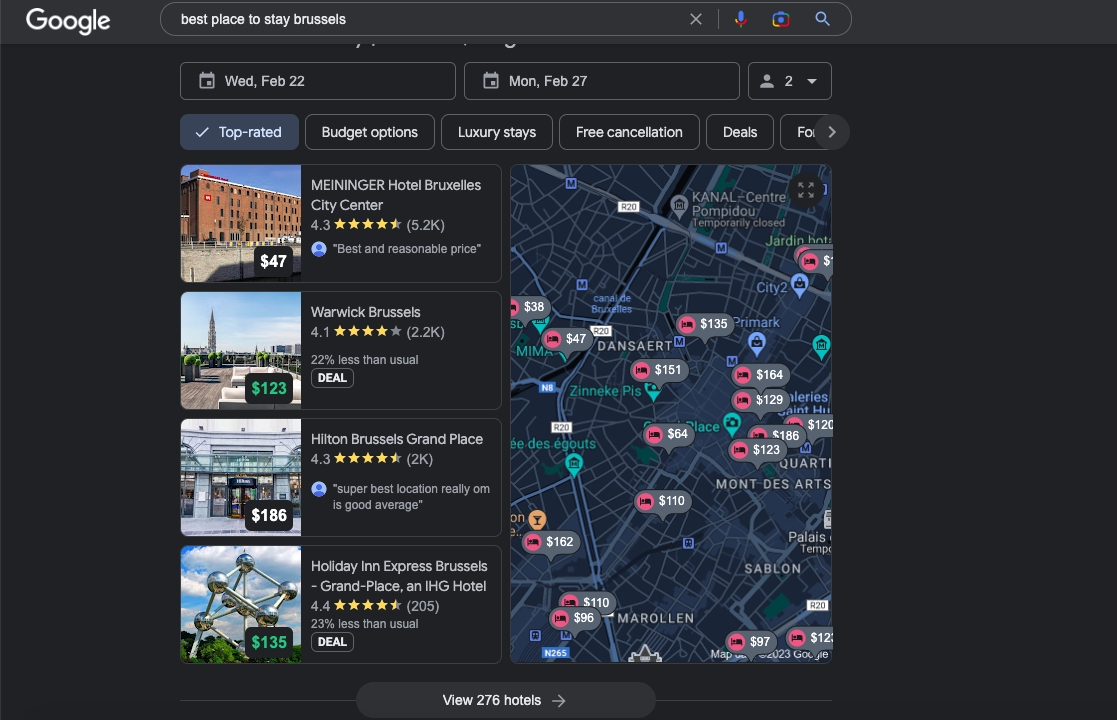
Lastly, if you do go the hotel route, make sure to sign up for whichever hotel group’s membership/rewards plan. You might not get immediate benefits, but every stay adds up and you could potentially reap free rooms, upgrades, and cash back in the future. Hilton, Marriott, IHG … they all have them and they’re free to join.
2) Eat & Drink
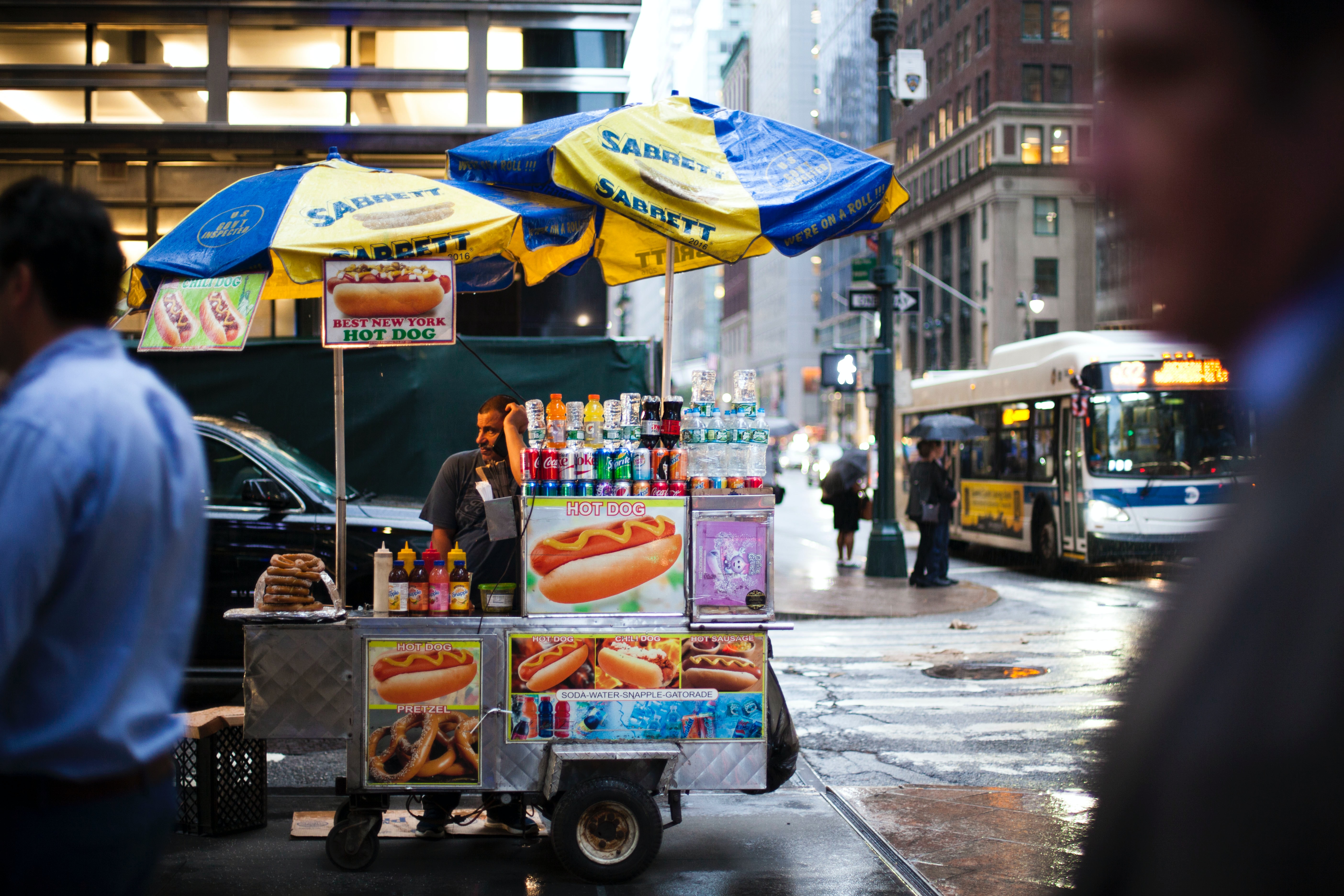
This, again, is dependent on a million different factors, the most important of which is where you are in the world. The best bet is to have a clear budget for how much you can spend each day on food and drink and try to stick to it as closely as possible. That means doing some research before you go and getting a sense of what food and drink are going to cost where it is you’re planning to go.
One truth remains, be honest with yourself. I know I can live off a $2 falafel and $1 beer for lunch every day. But I’m not so presumptuous that I think you can too. I also know that I cannot live off dumpster diving. Simple as that.
I’ve always tipped my budget much more heavily toward eating and drinking on the road than anything else. For me, I’d rather spend the day walking around a food market, eating, and chatting with street vendors than pay to jump off a bridge or climb a rock face. That’s me being honest with who I am and what I want from a travel experience — so I spend a lot more on food and drink than anything else when I travel.
Figure out what you want and go with it. Remember, you can always change course at any time while you’re on the road.
But also please remember that when you’re eating or drinking anywhere, you’re consuming local resources which are finite and always have a price. So please don’t expect free meals. If they are offered, great. But always, always offer money at the end — even if it’s denied.
When looking for food, the fastest avenues are downloading apps like Yelp, Foursquare, Zomato, and Zagat or Michelin (if you want to go high-end).
I’d also recommend apps like Uber Eats. It’ll tell you great places all around that offer delivery and pick up — use the latter for the full experience — with clear pricing, maps, etc.

3) Activities

This can be anything. Do you want to learn how to sail the high seas? Go and do it. Want to climb mountains? Go. The point is to find your passion and follow it. And it’s okay if you don’t know what that passion is right now. You might find it out there on the road. You might not.
But let’s say you want to climb mountains, you’re still likely going to have to pay a price at some point. Boots, proper clothing, permits, guides — all of this costs money. Yes, you can get all of the gear on the cheap or even free as hand-me-downs (though you really need your own boots). You still have to get to the place and pay to play at most recreation areas. Permits for these types of places if what keep locals employed in protecting those places. That said, there are plenty of places where you don’t need to pay at all.
So do your research — again, use Google — and figure out where’s free, where’s not, and what you’re willing to do to get there. Then budget accordingly.
4) Work?
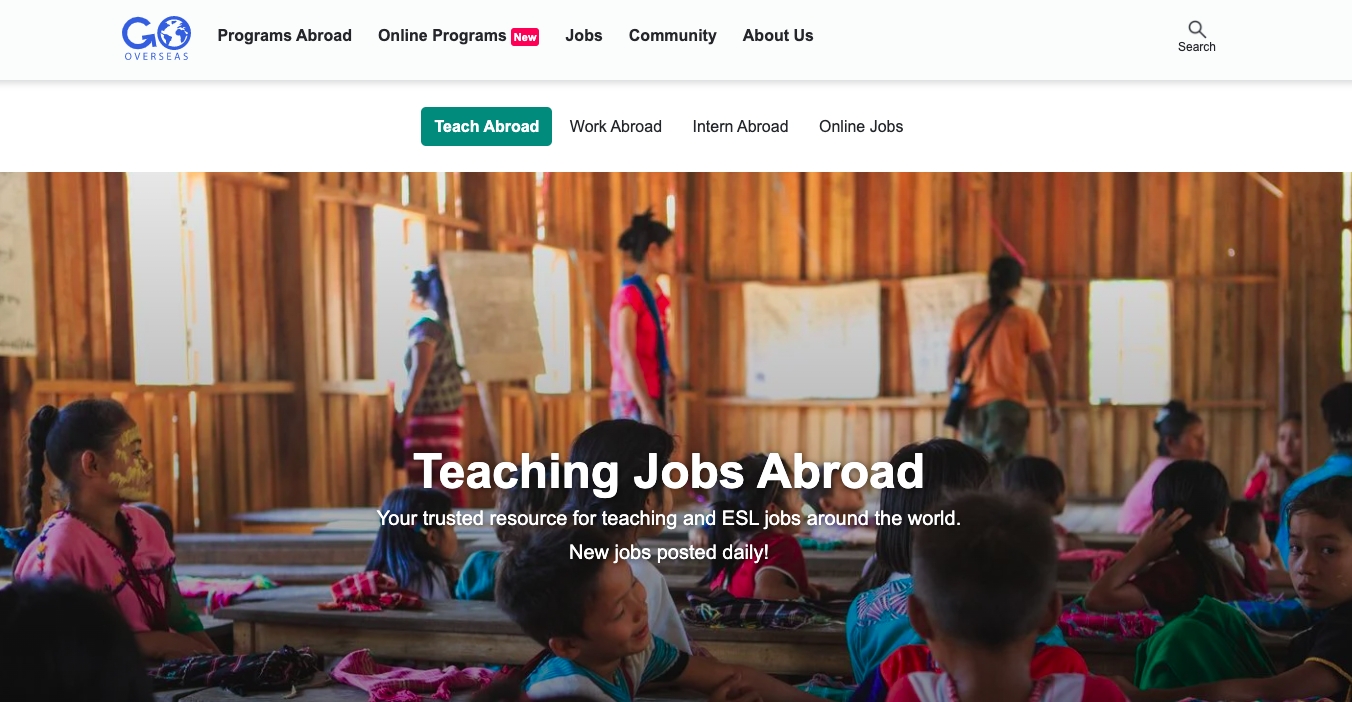
This is the elephant in the room when talking about money and travel. If you’re already working remotely, why aren’t you on a beach in Thailand doing that, yo? Seriously. Why? You’d be paying so much less in rent and food with access to paradise outside your door. Go. Now! I’m only half joking but working remotely is a very easy way to fund travel.
There are also pick-up jobs while you’re traveling. If you’re Instagram hot and able to pour drinks, you can walk onto a beach bar job pretty easily in heavily touristed areas. You can volunteer for room and board in about a million different ways (find opportunities here). You can teach English — which often covers visas, flights, insurance, and housing with a salary (find jobs here). You can take the Foreign Service exam and spend two years working in DC before spending the rest of your life on two to five-year assignments all over the world (sign up for the exam here).
Or you can just go and see what happens. Openness to new experiences is key.
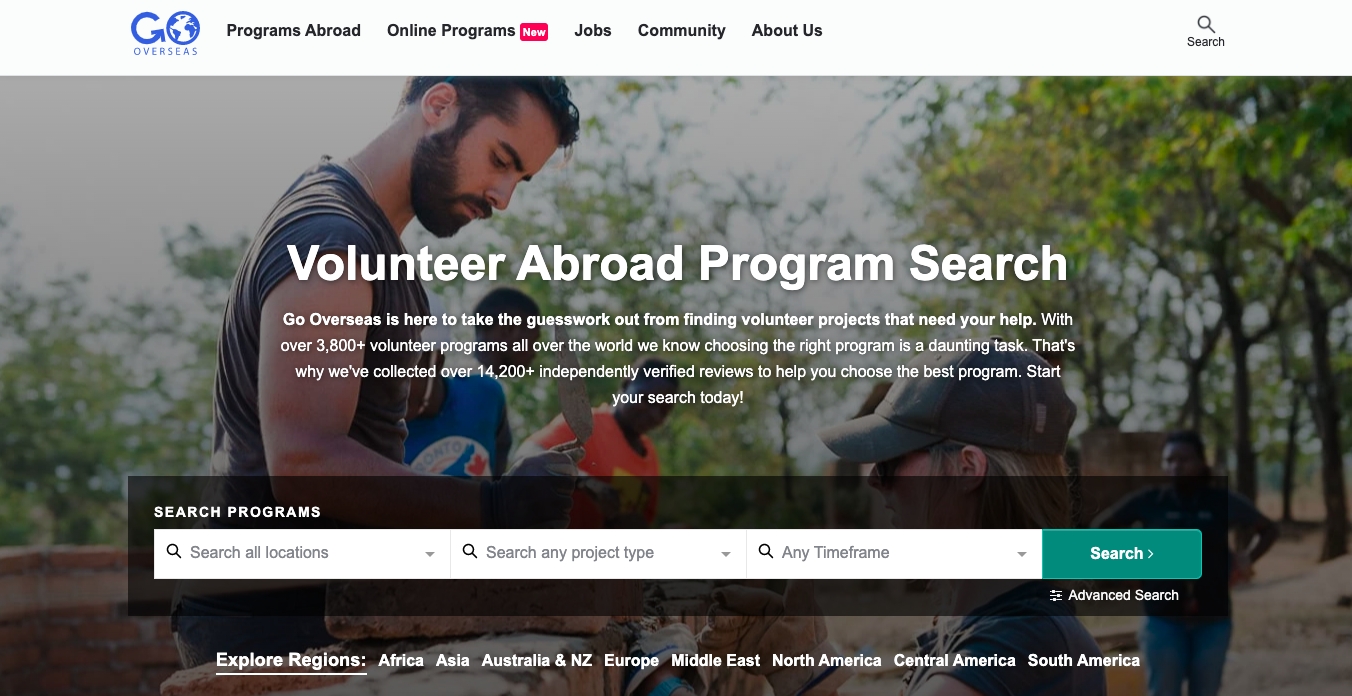
I can speak from experience wherein I would work at an English language school for about six months (Moscow, Prague, Jakarta) and then travel for up to a year on the money saved while doing that. The fringe benefit there is that you can travel very deeply in a specific region while you’re working/saving money and then really go far with those savings once you’re ready.
That’s also true of working remotely. I lived in Berlin for years while working for a U.S. company. That allowed me to spend weekends in Rome, Prague, Warsaw, Brussels, London, Dublin, and so forth without breaking the bank on trans-Atlantic travel every time I had an itch for ragu Bolognese, fish and chips, or Belgian beer. If I had to take that trans-Atlantic flight for every trip I took around Europe, I’d never have been able to afford it in a million years. But working remotely in Europe allowed access to the whole place, Northern Africa, and the Middle East with ease and a lot less money spent.
Finding a job — even if it’s short-term or a one-off — really is the key to funding long-term travel.
PART IV — Have An Exit Strategy

Know where it all ends. This is usually when the money runs out.
In 2023, there’s just more in play that we have little to no control over when we travel. COVID restrictions could pop back up — especially in places like China, Australia, or New Zealand but anywhere really — and you’d be stuck at your own expense. I’m not saying it’ll happen but it’s not outside of the realm of possibilities either since some countries require proof of insurance just to get a visa as a tourist (here’s a handy list of which ones).
I’d recommend always having enough money to get home. Things simply don’t always go how you want. Governments fall apart — I was stuck in Nepal once for weeks during a revolution. Industries go on strike — try traveling around France or Spain when all the rail workers are picketing. And we’re all painfully aware of what a pandemic can do.
Saving some of your travel savings for an exit strategy is vital. How much depends on where you’re going and what you’re doing.
Good luck out there!







